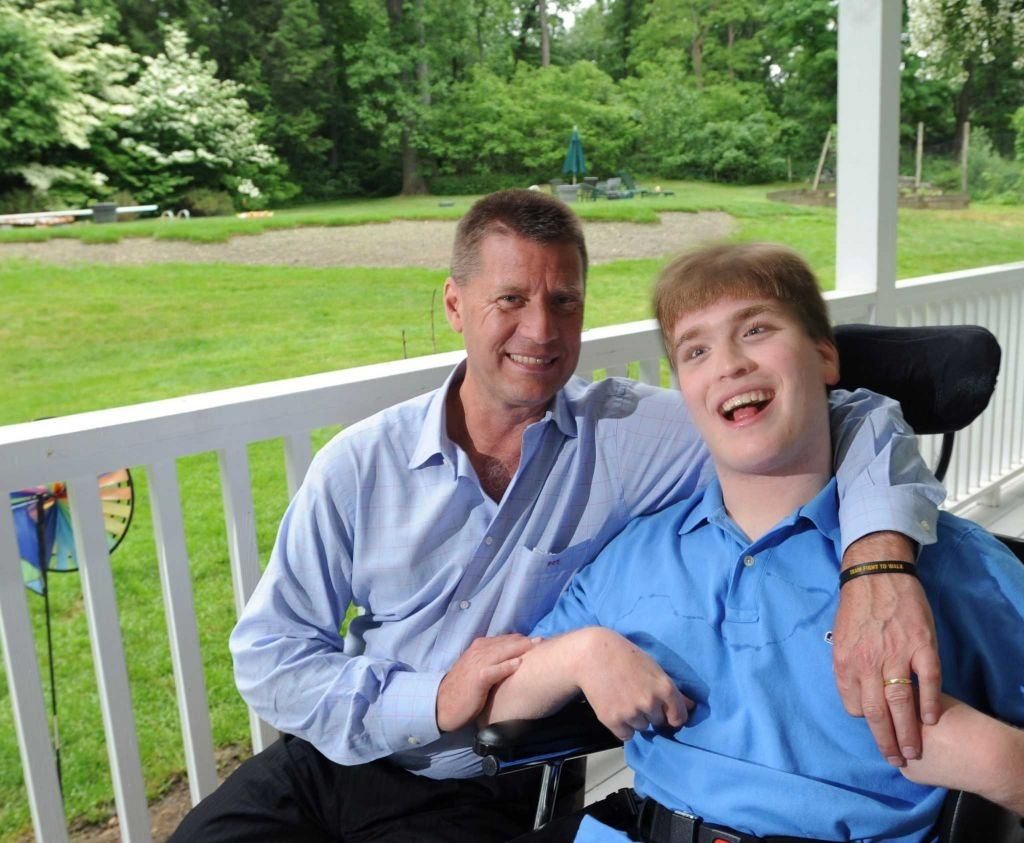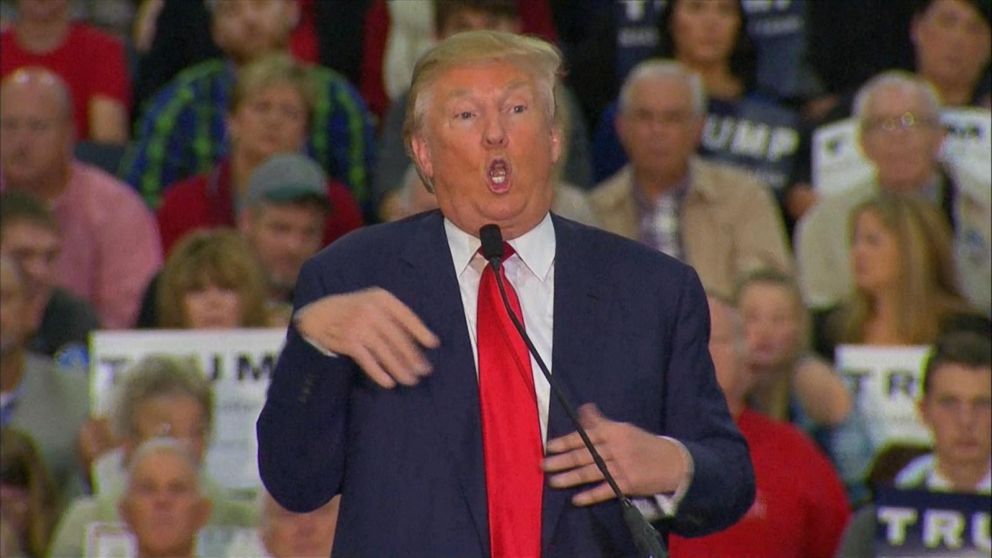
By most accounts, President Trump survived his first foreign trip without a major gaffe, but that’s not to say all of his behavior was presidential — and in many ways, it was a “complete disaster” politically.
While the events of Trump’s trip didn’t produce any major fireworks (as some were expecting), they did add considerably to his long and growing list of abnormal, jaw-dropping behavior.
In fact, what’s emerging is a pattern of reckless, juvenile and boorish behavior that demands both assessment and accountability — even for Trump loyalists. The pattern was clearly evident during the campaign, of course, but as POTUS, it’s quickly deteriorating into a global embarrassment with dire, short term consequences.
I’m not a psychiatrist or psychologist, but the best description I’ve seen of his behavior is the cognitive impairment known as the Dunning-Kruger effect. The definition from Wikipedia certainly seems (even for a layperson) to be a classic, text-book fit.
Dunning-Kruger: In the field of psychology, the Dunning–Kruger effect is a cognitive bias, wherein persons of low ability suffer from illusory superiority when they mistakenly assess their cognitive ability as greater than it is. The cognitive bias of illusory superiority derives from the metacognitive inability of low-ability persons to recognize their own ineptitude; without such self-awareness, they cannot objectively evaluate their actual competence or incompetence.
Basically, it’s the inability to accurately assess one’s own competence (or lack thereof). At 70, Trump may be physically fit to withstand the rigors of the office, but is he capable of judging his own competence? The evidence that he lacks this basic judgment is growing and compelling.
- “I’m like, wait a minute. I made a speech. I looked out, the field was, it looked like a million, million and a half people.” President Trump (Jan 21)
- “Trust me. I’m, like, a smart person.” President Trump at CIA Headquarters (Jan 27)
- “We’re now having dessert — and we had the most beautiful piece of chocolate cake that you’ve ever seen — and President Xi was enjoying it.” President Trump (Apr 12)
- “My generals are the most respected that we’ve had in many decades I believe. And they lost Ryan.” President Trump (Feb 27)
- “Nobody knew healthcare could be so complicated.” President Trump (Feb 27)
- “The plan gets better and better and better, and it’s gotten really, really good. And a lot of people are liking it a lot.” President Trump (on healthcare — Apr 20)
- “And I don’t watch things that I know are going to be unpleasant.” President Trump (Apr 23)
- “We have to prime the pump. Have you heard that expression used before? Because I haven’t heard it. I mean, I just … I came up with it a couple of days ago and I thought it was good.” President Trump (May 4)
- Pushing his way to the front row for a group photo
- Asking French President Macron for his cell phone number (May 27)
- His inappropriate and aggressive “tug n’ shake” death grip
It starts off like a normal, unassuming handshake, until the shakee is pulled suddenly toward the president, resulting in a very unprofessional body-lurch. Trump follows this embarrassment up by reassuring the shakee with an even more awkward top-of-the-hand pat.
This partial list is all within the first 4 months of his presidency and reflects, I believe, a painful and visible ignorance of his own incompetence. This isn’t just bizarre or juvenile behavior for a president (any president), it’s strange behavior for any politician — and there will be consequences.
Here’s the deal: once you elect a clown like Trump, you lose trust not just now but for many years to come. A nation that elects a Trump once could easily elect a similar figure again in the future. That becomes priced into national reputation. For the Germans, South Koreans, Japanese etc. this is no joke: they’ve staked their lives on having stable USA foreign policy. Jeet Heer, Senior Editor at the New Republic
The loss of that national reputation among strong allies happens all too quickly.
The president’s failure to endorse Article 5 in a speech at NATO headquarters, his continued lambasting of Germany and other allies on trade, his apparent decision to walk away from the Paris climate agreement — all suggest that the United States is less interested in leading globally than has been the case for the last 70 years. Ivo H. Daalder, Former US Ambassador to NATO
The times in which we can fully count on others are somewhat over, as I have experienced in the past few days. German Chancellor Angela Merkel
No freely elected head of government in our country should allow him — or herself to be humiliated in this way — the way this man [Trump], like an autocratic leader, believed he could inflict humiliation in Brussels. Election campaign or no election campaign, in this situation let me be entirely clear — the [German] chancellor represents all of us at summits like these — and I reject with outrage the way this man takes it upon himself to treat the head of our country’s government. That is unacceptable. Martin Schulz (chief political rival to Angela Merkel)
Given his age and his personal history (multiple failed marriages and businesses), we should not expect a significant change in President Trump’s behavior. The Dunning-Kruger effect clearly isn’t grounds for removal under Article 25 of the Constitution, and there may be better attempts by those around him to control and minimize the public view, but as long as Trump is President, we should brace for more of this total incompetence — and the consequences that result.






